Skyrocketing prices, Covid-19 effects, Russia’s invasion of Ukraine and potential retaliation against the U.S., and shortages of goods due to supply chain problems were among the top stressors revealed by polls conducted earlier this year, with stress “reaching unprecedented levels” (American Psychological Association, 2022). Chronic illness, caregiving, job loss or change, and the death of a loved one are also examples of very significant long-term stressors. Though everyone’s experience of stress is different, stress affects everyone.
Fight or Flight
Whether the stress comes from the environment, as is the case with a physical threat, or has a psychological basis, which may be the result of mental or emotional pressure, the body responds similarly by preparing for “fight or flight.” Adrenaline and cortisol are released, which focuses the mind, provides a surge of energy, and curtails body functions not necessary for short-term survival. The purpose of these responses is to optimize the body’s ability to dispatch the danger, or to escape. Once the threat is dealt with, body systems gradually return to normal.
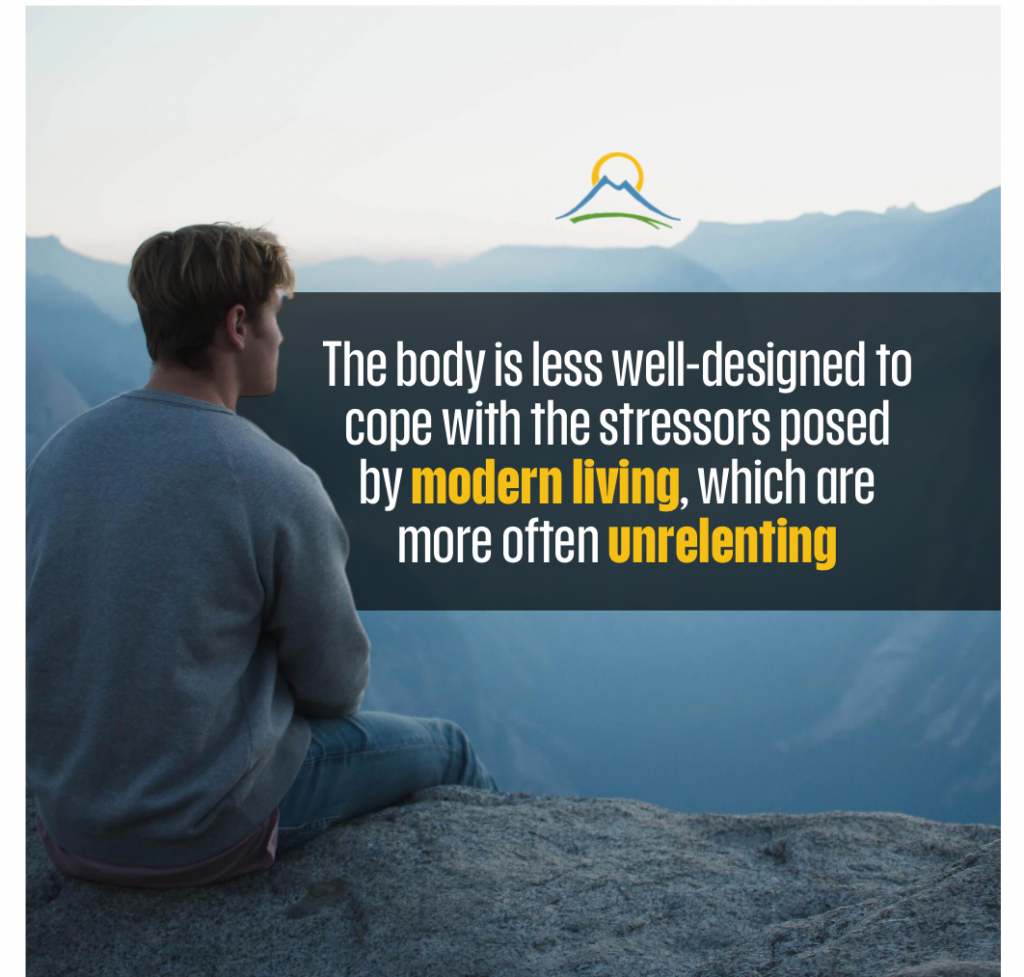
This strategy has ensured our survival for thousands of years. If the stressor appears suddenly and doesn’t persist for long, as is typical for prey attacked by a predator, this strategy is very adaptive, as described in the book “Why Zebras Don’t Get Ulcers” (Sapolsky, 2004). However, the body is less well-designed to cope with the stressors posed by modern living, which are more often unrelenting.
Prolonged stress results in chronically increased cortisol levels, which can cause an imbalance in brain neurotransmitters such as serotonin, norepinephrine, and dopamine. These changes in the brain can affect mood, sleep, appetite, libido, depression, anxiety, and other mental health problems. The inflammation caused by chronically increased cortisol levels also weakens the immune system, damages blood vessels, and alters the way the body processes food.
The consequences can include increased vulnerability to illness, slower healing, heart disease, weight gain, ulcers, sleep deprivation, and even early death. Behavior plays an important role in relieving, mitigating, or exacerbating stress and its effects. Withdrawing socially, becoming more sedentary, not keeping a consistent sleep schedule, eating too little or too much, and problematic substance use are examples of behaviors that can arise in stressful circumstances. Yet these same behaviors can contribute to the physical damage in the body caused by the stress.
Stress Reduction Activities
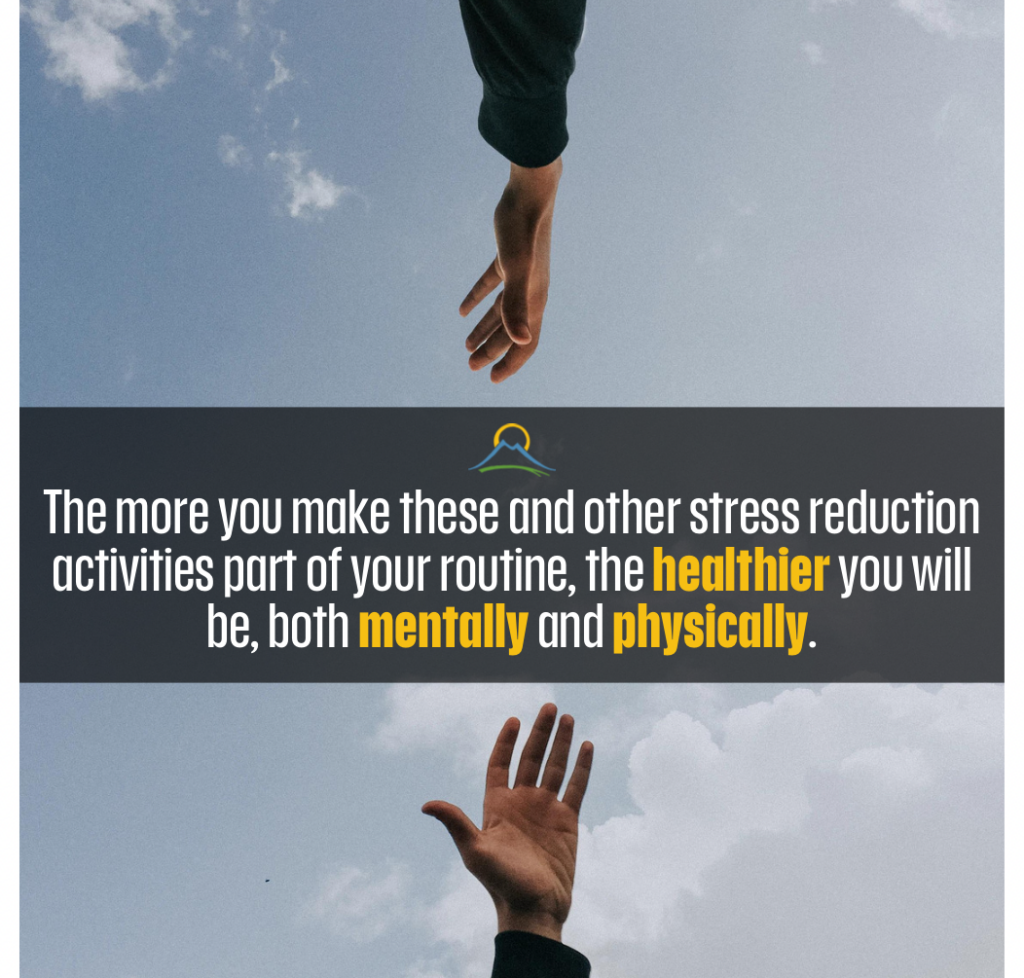
One of the first scientists to connect long-term stress with health consequences was Hans Selye, who also said, “It’s not stress that kills us, it’s our reaction to it.” The good news is that there are many different ways to react to stress that all support a healthy body and mind. Connecting socially, engaging in nearly any physical activity, getting enough sleep, laughing more (yes, your body changes for the better when you have a good laugh), journaling, meditating, and eating healthy foods (including a variety of fruits, vegetables, and whole grains) can all help reduce the chronic activation of the body’s fight or flight mechanism that results from prolonged stress. The more you make these and other stress reduction activities part of your routine, the healthier you will be, both mentally and physically.
Therapy is another form of self-care that has been demonstrated to be effective in reducing stress. Benefits can include uncovering hidden sources of stress, helping with feelings of being trapped or overwhelmed, and learning new coping strategies.
If stress is wearing you down or causing issues in your life, we’re here to help. With different forms of therapy and different therapists to choose from, there will be a fit that’s right for your needs.
References
- American Psychological Association. (2022, March 10). Inflation, war push stress to alarming levels at two-year COVID-19 anniversary [Press release]. https://www.apa.org/news/press/releases/2022/03/inflation-war-stress
- Sapolsky, R. M. (2004). Why zebras don’t get ulcers: The acclaimed guide to stress, stress related diseases, and coping. Holt paperbacks.


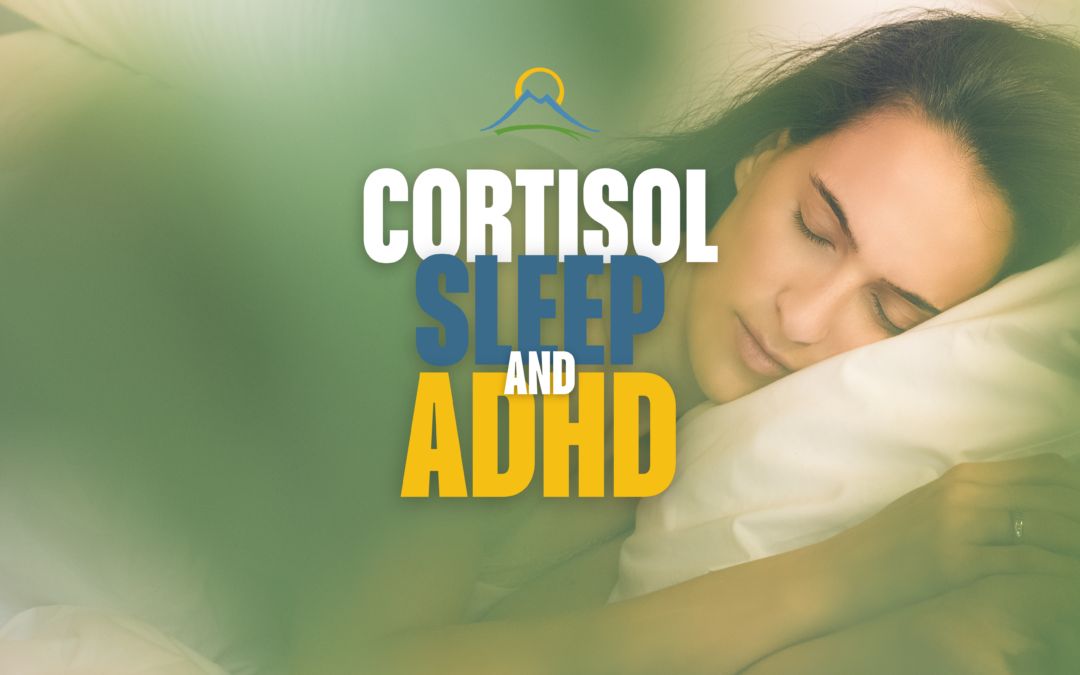
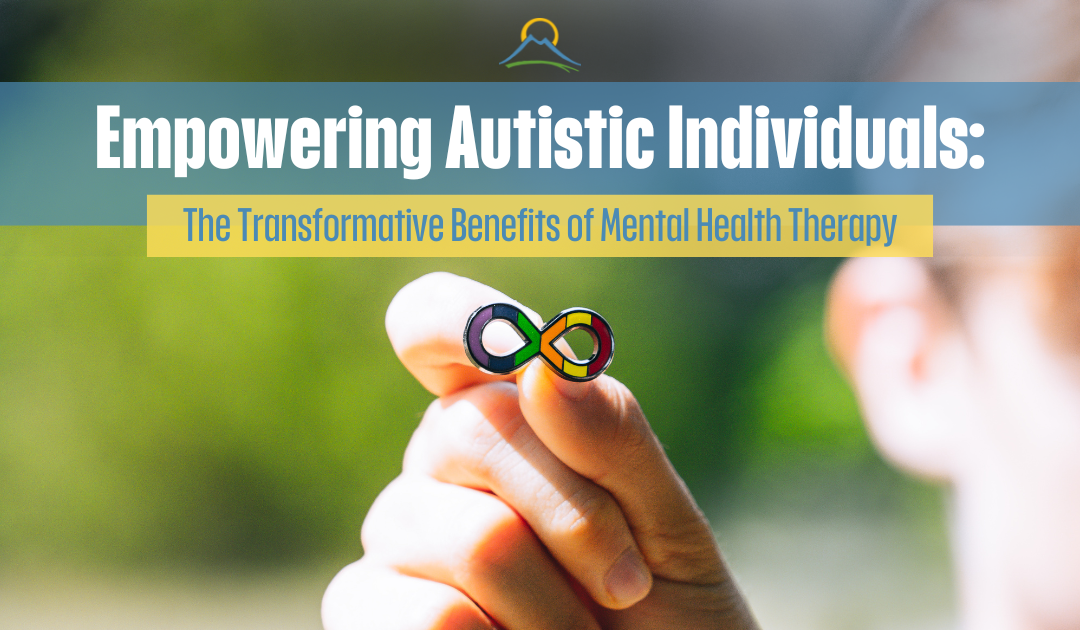


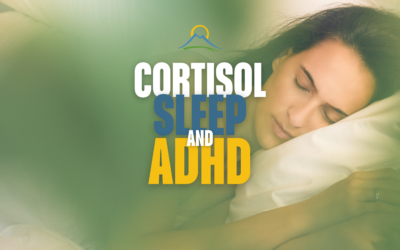


0 Comments